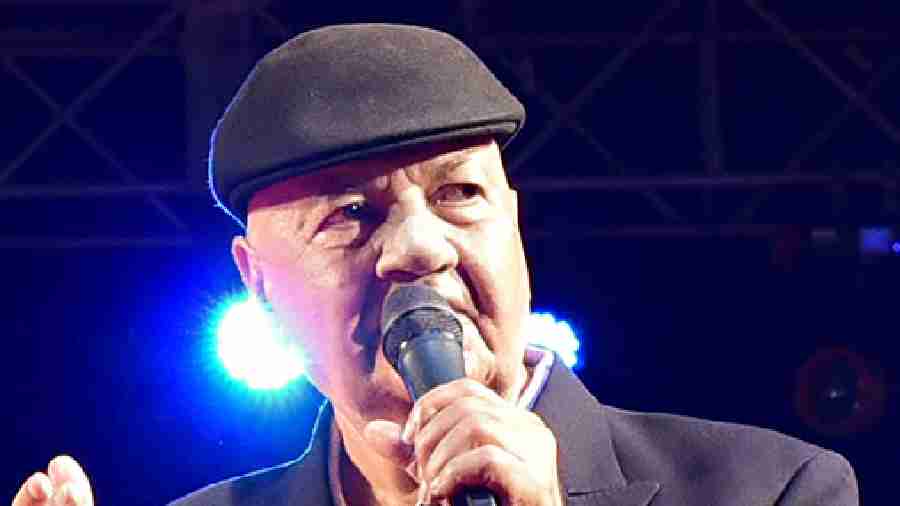Changing equations are a constant. During a recent interview, 87-year-old veteran actor Prem Chopra revealed that even after doing a handful of films, he could let go of his security blanket only after Manoj Kumar signed him for Upkar (1967).
Prem Chopra had held on to a job in the circulation department of The Times of India for the longest time even as he struggled to make a career as an actor in Bombay. In the late 60s, when he responded to an urgent call to meet Manoj Kumar, who was making his debut as director, Prem learnt he’d be stepping into Rajesh Khanna’s shoes. “They were to shoot the next day, the set was ready, Rajesh Khanna’s costumes had also been made,” Prem recounted.
Meanwhile, Rajesh Khanna, also struggling for recognition, had been spotted and signed by United Producers, who told the young actor that working in a brother’s role in Upkar that had shades of grey would go against their plans of launching him as a hero. Finding himself on the horns of a dilemma, Rajesh Khanna had approached Manoj Kumar who’d understood his predicament.
The hunt for an 11th-hour replacement brought Prem into Manoj Kumar’s realm, an entry that gave him the confidence to quit his salaried job and become a full-time actor. Upkar and the films that followed turned Prem Chopra into a star villain with a career spanning 60+ years. Brother-in-law Raj Kapoor even gave him a one-dialogue role in Bobby, “Prem naam hai mera”, which made Prem Chopra a brand. To this day, he does the occasional role and recently shot for a Vivek Agnihotri film.
But that’s not where the story heads. Stepping out of Upkar sent Rajesh Khanna’s career soaring as a superstar. Between Rajesh Khanna as hero and Prem Chopra as villain, they went on to do Do Raaste, Doli, Kati Patang, a total of more than 35 films together, most of them silver jubilees at the box office.
On the other hand, Rajesh Khanna’s equation with Manoj Kumar took an interesting turn. Fifty years ago, in March 1973, Rajesh Khanna wed Dimple Kapadia, who gave up her career ambitions to become Mrs Superstar. But when Bobby, which was released after marriage, became a runaway hit, it inspired every major filmmaker to make her an offer. Rajesh Khanna, however, was old-fashioned and wouldn’t hear of his wife stepping out to work. The 70s were dotted with disruptions in their marriage, walkouts by Dimple and reconciliations by Rajesh, compounded by offers that were being made to her.
One day, Rajesh Khanna called me to give a scoop story. He said that the day before, he’d been shaving when he noticed Dimple hovering around, clearly wanting to tell him something. When he asked her what the matter was, she told him that Manoj Kumar had offered her a film.
That evening Rajesh Khanna found himself shooting in a bungalow close to Manoj Kumar’s in Juhu. “All day, what Dimpi told me had been rankling me. After pack-up, I had a couple of drinks and went across to his house, stood outside and called him the choicest of names for being a home-breaker.”
In 20 years, what a change in the equation between the struggler who’d been excited to do a grey role in Upkar and the filmmaker who was giving him a break.
Those days, there was no 24/7 TV or Internet, our magazines came out once a fortnight. Even before the story could go to press, Rajesh Khanna called me, “Please don’t print it. Manojji and I met, shook hands and put the incident behind us. No, he won’t be making a movie with Dimpi.”
Thus, I killed a story and never mentioned it anywhere in the days when it would have mattered. That’s the kind of trust actors reposed in the few journos who were around. An equation that’s unrecognisably changed between celebrities and the media. The intrusive cameras that caught Alia Bhatt inside her house last week are a prime example of why the trust has been broken so irretrievably.
Bharathi S. Pradhan is a senior journalist and author











